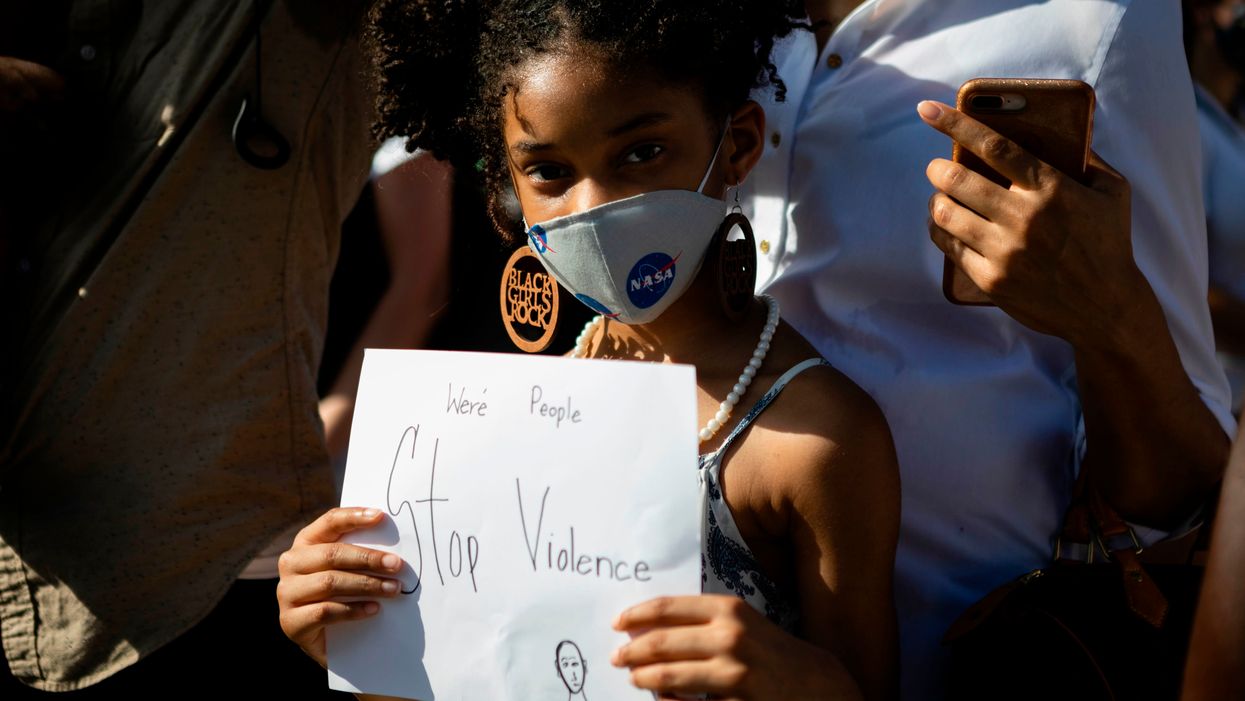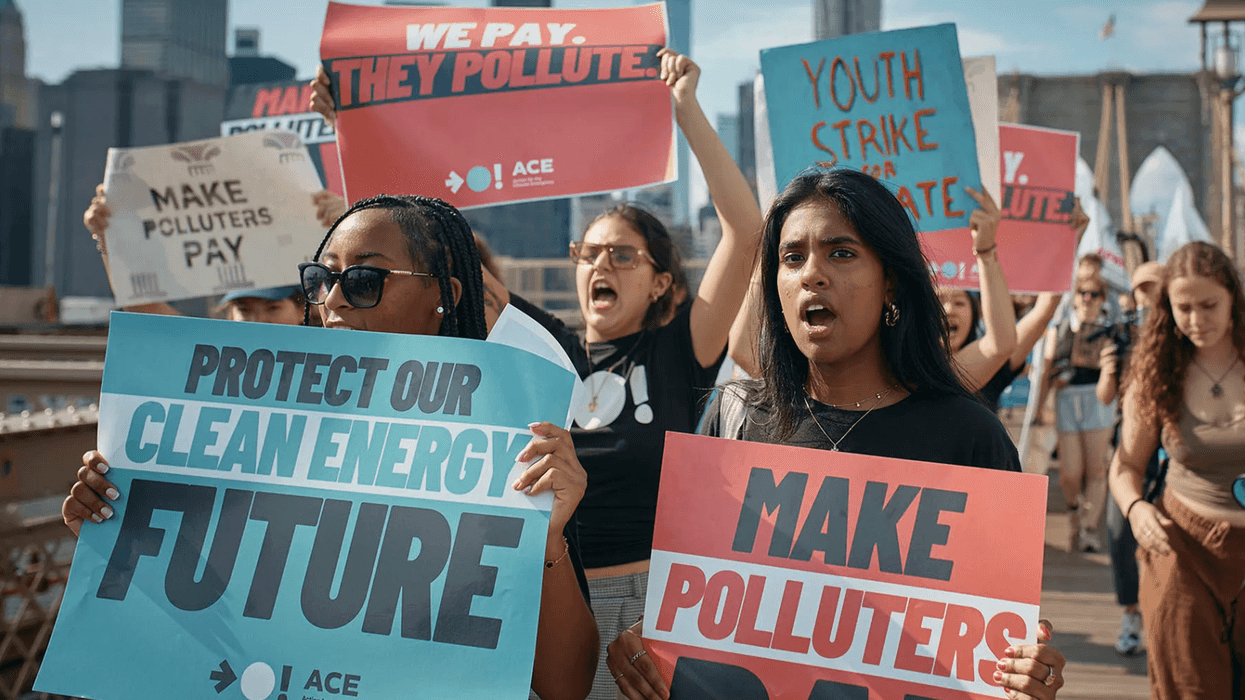Wilkes is senior director of policy and advocacy at Generation Citizen, a national civics education nonprofit.
Protests, direct actions and uprisings have happened in nearly 30 cities and every region of the country since George Floyd died last week under the knee of a police officer.
Conventional wisdom often posits a false choice between knowing how our political system works and the contentious action of protest. This dichotomy is wrong and overlooks the fact that young people often protest because they understand how our system should work on paper and how it tends to work in practice — especially when we consider how policing happens among communities of color in metropolitan areas.
Young people participating in protests are not uninformed civic participants. Instead, we should see them as innovators within a deeply American civic tradition, calling the country to actualize its potential as an equitable democracy and to undo its ingrained practices of structural racism.
Consider the following examples of youth protest from the last two weeks:
Judeah Reynolds, a 9-year-old who witnessed Floyd's death in Minneapolis, created art calling for change and joined her mother to participate in a public assembly calling for racism to be declared a public health emergency.
Monique Holmes, a teenager in Virginia's Hampton Roads area, participated in a local protest galvanized by Floyd's death. Holmes took that occasion to express her preferred policy demands, arguing for the curtailment of police abuse of power and the use of excessive force during arrests.
Juliana Ramos, 19, took part in youth-led protests in downtown Louisville, organized in response to the death of Breonna Taylor, calling for racial justice and an end to officer-involved shootings.
Youth protesting racism can teach us at least three things about civic education.
First, protest is a legitimate indicator of civic engagement.
The prominent Brookings Institution think tank, citing the National Association Education Progress' recent civics scores, contends that protest is a noteworthy form of informal political participation. When younger people protest systemic injustice like police violence, their participation is not a sign of disregard for our political system; rather, it is a sign of contentious participation within that system.
It's true that voting, community service and joining organizations are important measures of civic spirit, but such activities are not the only ones. Nor are they the most important ones in every civic situation. Protest and direct action are also crucial benchmarks of civic engagement.
Second, young people protesting racism can remind us of an American tradition of informed, civic participation.
During the civil rights movement, the Birmingham Children's Crusade effectively and courageously protested the legal and cultural framework of Jim Crow segregation and oppression. In the 1970s, students in the Boston area stood up to oppose thinly veiled, racially motivated opposition to integrated education. More recently, one thinks of the interracial protests against gun violence, most widely known in the March for Our Lives organizing movement.
Young people protesting police use of deadly force are not a new phenomenon — they are breathing new life into one of our founding traditions, one as old as the protest against taxation without representation.
Third, state education policy systems and districts, in varying degrees, are beginning to formally recognize protest as an important aspect of a student's civic formation.
Within state social studies standards, understanding the role of protest and student activism, especially within the civil rights movement, is a widely recommended component of civic learning in K-12 education, across most states. The Fairfax County district in Virginia, however, has gone further, and permits students one unexcused absence a year to participate in protest.
In a time of racial unrest, state and district education policy systems should recognize protest as a crucial aspect of a well-rounded civic education.
Now is an ideal time to listen to, and learn from, young people protesting racism as innovative civic educators, calling us to appreciate the full range of constructive participation in our public life. The health of our democracy and the integrity of our political traditions depends on valuing the lessons our students are teaching us: Protest is a key barometer of involvement in our democratic life, a precious American tradition, and increasingly, a recognized aspect of state and local education policy.



















